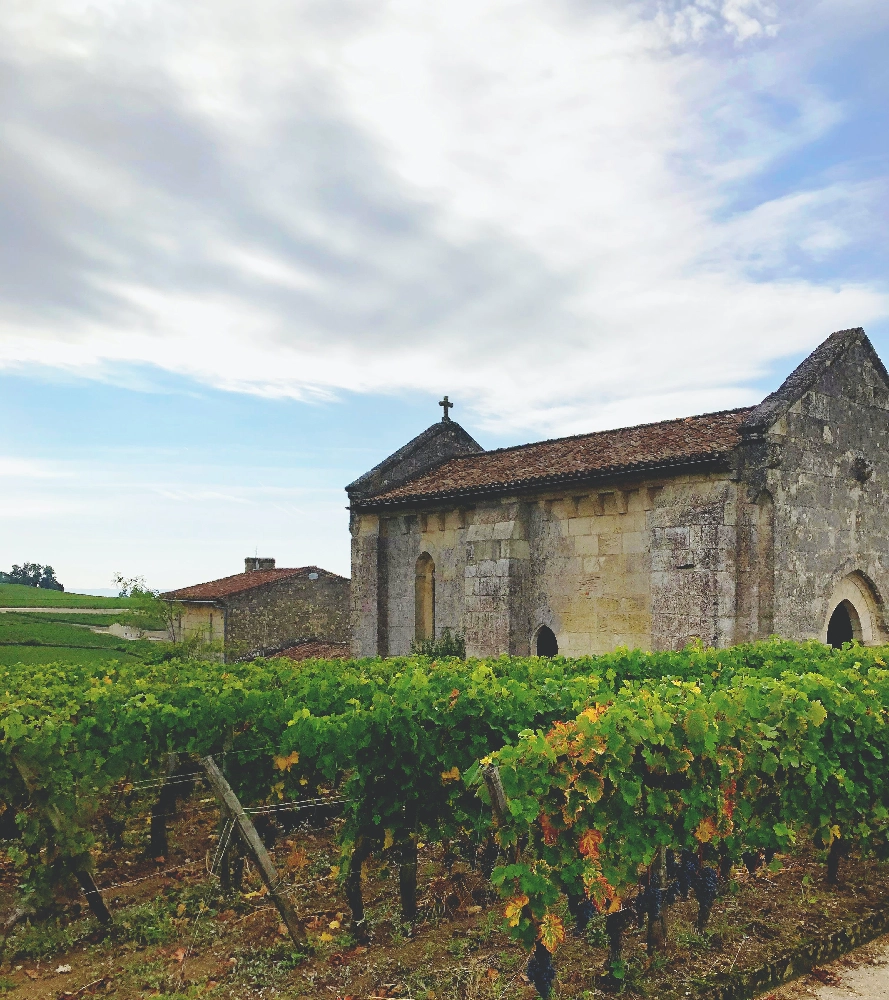
Traisental Wineries & Wines Stats
Wineries
28
Wines
263
A Toast to Traisental: Unraveling the Historical Significance of this Austrian Wine Region
Introduction: Traisental, a picturesque wine region situated in Lower Austria, is nestled between the Danube River and the Alps. Its rich winemaking history is interwoven with the cultural fabric of Central Europe, making it an intriguing exploration for any culinary historian or wine enthusiast. In this review, we delve into Traisental's historical wine significance by examining its region name, key grape varieties, unique wine styles, and food pairings.
Region Name: Traisental takes its name from the ancient Roman settlement of Tridentum, which was located in the area around 150 AD. The name Traisental translates to "Three Valleys," referring to the Danube River and the two tributaries that converge within the region – the Traisen and the Gaisbach. This moniker highlights the strategic importance of water in wine production, a factor that has shaped Traisental's viticulture throughout history.
Wine Styles and Historical Context: Traisental is renowned for its white wines, with Grüner Veltliner and Welschriesling being the most prevalent grape varieties. These grapes have a longstanding connection to Traisental's wine culture. Grüner Veltliner, in particular, is believed to be native to Austria and has been cultivated in the region since at least the 14th century. Welschriesling arrived in Austria around the 15th or 16th century from the neighboring Alpine regions.
The region's wine styles can be traced back to ancient times when monastic orders played a pivotal role in Traisental's winemaking traditions. Monks, who settled in the area during the Middle Ages, were responsible for introducing viticulture techniques and preserving grape varieties that would later become synonymous with the region.
Grapes: Grüner Veltliner (35-40% of Traisental's plantings) is known for its versatility, as it can be produced in a range of styles from crisp and dry to full-bodied and sweet. Welschriesling (12%) adds another dimension to the region with its fruity and aromatic characteristics. Other grape varieties, such as Chardonnay, Riesling, Pinot Blanc, and Pinot Noir, are also grown in smaller quantities but contribute to the rich tapestry of Traisental's wine offerings.
Food Pairings: Traisental's wines have a deep-rooted connection to local cuisine, which is characterized by hearty dishes featuring meats, potatoes, and cabbage. Grüner Veltliner pairs beautifully with pork dishes and its spicy notes complement rich sauerkraut and goulash. Welschriesling, on the other hand, makes an excellent companion for lighter, more delicate fare such as fish and vegetables.
Conclusion: Traisental's historical wine significance is a testament to the region's rich cultural heritage and its enduring connection to Central European winemaking traditions. From ancient Roman settlements to medieval monastic orders, Traisental's story is one of survival, innovation, and dedication to the art of crafting exceptional wines that continue to captivate wine lovers around the world.
